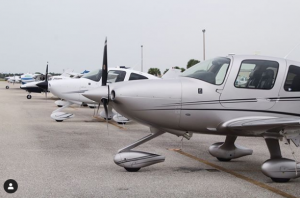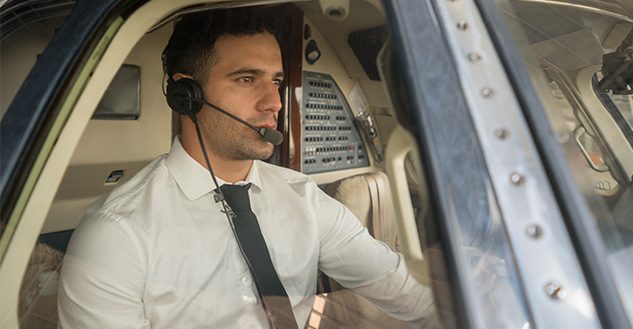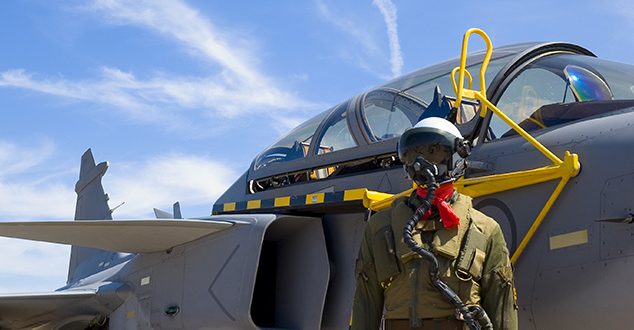Commercial Pilot Training Schools in Oregon
Pursuit of commercial pilot training shouldn’t be limited to schools in Oregon when you consider the quality that awaits you at Paragon Flight in Florida. The trip across the country is well worth it, especially if you take advantage of our fast-tracked P3 Professional Pilot Program.
Evaluating Flight School Quality
 As you plan for flight training and evaluate various flight schools, don’t limit yourself to a single location. Paragon Flight may require travel, but what we offer makes it the smart decision, but don’t take our word for it. How can you evaluate flight schools before signing up for training?
As you plan for flight training and evaluate various flight schools, don’t limit yourself to a single location. Paragon Flight may require travel, but what we offer makes it the smart decision, but don’t take our word for it. How can you evaluate flight schools before signing up for training?
Budget Considerations
As with any educational plan, you’ll need to consider the financial requirements and the resources that you have available. During these discussions, make sure to question whether any fees and expenses could come up in addition to the posted rates. Paragon Flight recognizes that this element is essential to your participation in flight training.
We can help you find and secure the financial resources available to you, whether you qualify for scholarships, grants, student loans, personal lending, etc.
Location Considerations
While you might be tempted to remain local and avoid travel expenses, don’t settle for an unprepared flight school that lacks the right environment. Paragon Flight, for instance, operates out of Page Field in Fort Myers, the hub of aviation in Southwest Florida, and the Punta Gorda Airport as well. We’re able to offer access to a tower-controlled runway, several practice fields, and modern facilities. This access will allow pilots to train in such a way that makes them familiar with how professional pilots operate.
In addition, the weather in this location is ideal for takeoff 350+ days of the year. Greater opportunity equals faster and cheaper training.
Authorization Considerations
The school that you choose should also meet your needs as a student-pilot. The Federal Aviation Administration (FAA) provides guidance for the flight school requirements as FAR Parts 61 and 141. Part 61 schools provide training with less structure and more flexibility, and Part 141 schools follow a rigid syllabus and schedule. Fortunately, Paragon Flight operates under both sets of authorizations.
Fleet Considerations
The fleet at a flight school is indicative of the quality and commitment of the school to its students. Having a quality, well-cared for fleet is vital to successful training. Paragon Flight’s fleet is entirely Technically Advanced, outfitted with Glass Cockpit technology and advanced avionics. The fleet includes the following models:
- Piper PA28 “Pilot”
- PA-44 Seminole
- Cessna T182T Skylane
- Cirrus SR20
- Cirrus SR22 G5/G6
- ALSIM Flight Simulator
Evaluating the P3 Professional Pilot Program
Become a professional pilot quicker and cheaper than would otherwise be possible with the P3 Professional Pilot Program. The timeline of the program proceeds as follows:
- Private Pilot License (PPL) – 0-10 WEEKS – foundational phase that prepares pilots for all future training
- Instrument Flight Rating (IFR) – 11-18 WEEKS – phase that teaches how to use navigation and communication equipment
- Commercial License, Single Engine & Multi Engine (CSEL & CMEL) – 19-30 WEEKS – phase that prepares pilots to work on a professional basis, necessary to legally accept any payment for pilot work
- Certified Flight Instructor (CFI) – 31-38 WEEKS – phase that allows commercial pilots to provide instruction services.
From Oregon to Ohio and beyond, no flight schools compare to Paragon Flight in Florida for those looking for excellent commercial pilot training. Contact our team for your own custom program of instruction by clicking here or calling (239) 747-0056 to speak with the Fort Myers team or (941) 336-7494 to contact the crew in Punta Gorda.




